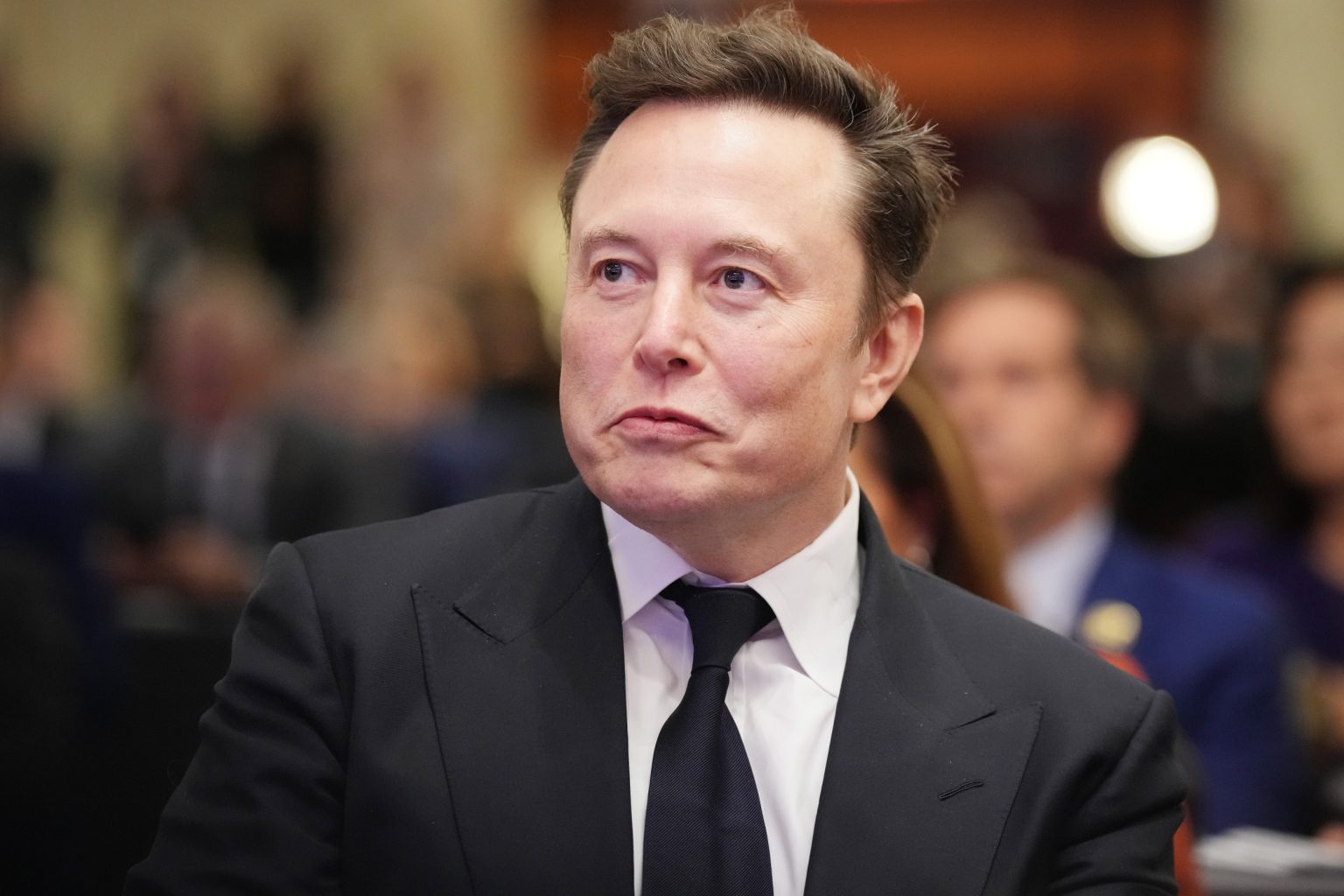The saga of “Adrian Dittmann,” a mysterious X (formerly Twitter) account, has captivated online sleuths and sparked a flurry of speculation about its alleged connection to tech mogul Elon Musk. The intrigue began with online whispers suggesting Dittmann was a pseudonym used by Musk to engage discreetly in online discussions, a theory fueled by the account’s fervent defense of Musk’s positions, particularly on H-1B visas, and its following of prominent figures in politics and technology. Dittmann’s account, created in July 2021, amassed a considerable following, further adding to the mystique surrounding its true identity. The narrative took a decisive turn with an investigative article published by The Spectator World, which claimed to have uncovered Dittmann’s real identity as the son of a German tech entrepreneur based in Fiji.
The Spectator’s investigation delved into Dittmann’s background, linking his emergence on X to his alleged participation in a Musk Foundation-sponsored competition. The article’s authors claimed to have analyzed a trove of digital evidence, including social media activity, appearances in X’s “Spaces” feature, and metadata from deleted photographs, to substantiate their claims. However, the article itself became embroiled in controversy when a Swiss developer, Maia Arson Crimew, alleged that The Spectator had failed to properly credit her contributions to the investigation, despite a prior agreement. This added a layer of complexity to the already convoluted narrative. The controversy surrounding Crimew also raised questions, given her past indictment for data theft and publishing sensitive information.
Adding fuel to the fire, Musk initially responded to the Dittmann speculation with apparent amusement, dismissing it as a “legacy media” conspiracy theory. This initial disavowal, however, was dramatically overturned when, in response to a post on X, Musk declared himself to be Adrian Dittmann. This unexpected proclamation, seemingly made in jest, further muddied the waters and intensified the ongoing debate about the account’s true ownership. The timeline of events underscores the rapid escalation of the Dittmann saga, from online whispers to a full-blown investigation and a surprising claim by Musk himself.
X’s subsequent actions, however, introduced a new dimension to the controversy. The platform blocked The Spectator’s article, citing it as “potentially harmful,” a move that drew criticism and accusations of censorship. This action was made even more perplexing by the fact that other news outlets, such as The New York Post, were allowed to freely share their coverage of the same story on the platform. This inconsistency in X’s content moderation practices raised concerns about selective enforcement and potential bias. Furthermore, the original X post that prompted Musk’s declaration was also removed, citing a violation of X’s rules, although the linked explanation provided only general enforcement guidelines, offering little clarity on the specific violation.
Amid the swirling speculation, some voices attempted to debunk the Musk-Dittmann connection. Brian Krassenstein, a prominent anti-Trump commentator, publicly dismissed the theory, claiming to have spoken to both Musk and Dittmann on multiple occasions. Krassenstein’s assertion, however, did little to quell the ongoing debate, with many remaining unconvinced. The conflicting narratives and the lack of a definitive explanation from Musk or X further fueled the intrigue surrounding the Dittmann persona.
The Dittmann saga remains unresolved, with several key questions unanswered. The Spectator has yet to address X’s decision to block its article, and the platform itself has offered no further explanation for its actions. The controversy highlights the challenges of navigating the increasingly complex landscape of online information, where separating fact from fiction can be difficult and where the actions of powerful platforms can significantly impact the flow of information. The incident also raises broader questions about the role and responsibility of social media platforms in moderating content and the potential for bias in their enforcement practices. The ambiguous nature of Musk’s involvement further complicates the narrative, leaving room for continued speculation and debate about the true identity of Adrian Dittmann.

